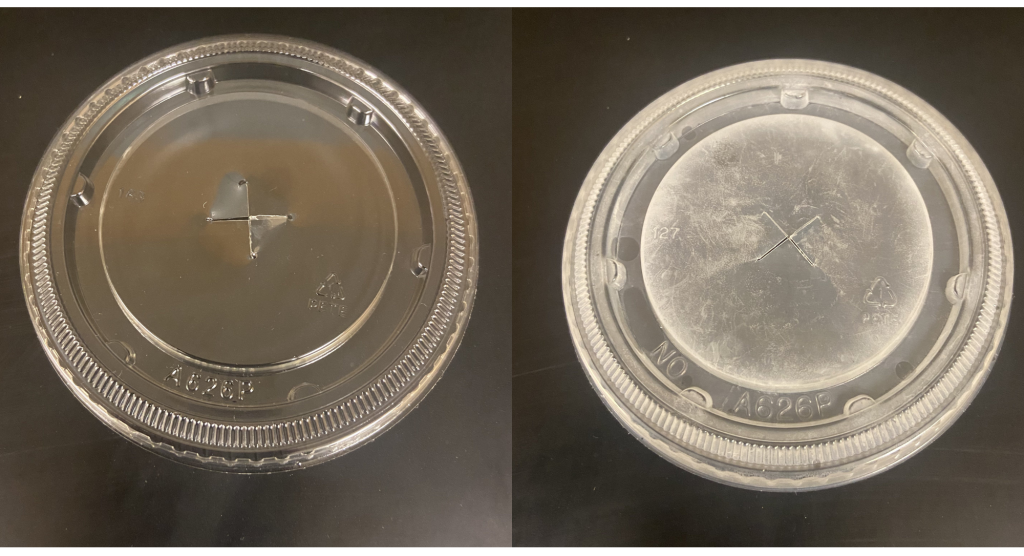Engineered bacteria helps reduce microplastics in water

Posted Jan 9, 2025 06:05:00 AM.
Last Updated Jan 9, 2025 11:48:21 AM.
Some researchers out of the University of Waterloo (UW) are trying to use bacteria to break down harmful microplastics found in water.
They’re trying it out with wastewater treatment sites before sailing into the ocean with the new method.
One of the research leads and a PhD graduate for the university, Aaron Yip, came up with the idea after going to a conference in 2022 that showed how bacteria can break down plastic.

The team will be one of the first to test out the engineered bacteria in water to reduce microplastics in the environment.
“They just keep breaking down into smaller and smaller pieces which is not good for us or other animals so, with this technology, it allows more bacteria in the environment to contribute to not just breaking the plastic down but also eating plastic,” said Yip.
“One of our results we found we can break down 40 percent of a piece of plastic in four days so that was quite astonishing to see, that’s very fast.”
They’re using bacteria to break down microplastic by changing it to react a certain way in certain environments, a process known as “bacteria sex.”
The team has finished the proof-of-concept phase and is now looking to start testing in wastewater, but they do have some safety issues to work out first. They want to ensure that engineered bacteria stays where it is intended to be.
“Wastewater treatment plants are kind of their own contained system, there are facilities that can disinfect water and remove bacteria from the water which would prevent the escape of any engineered bacteria from entering the environment,” said Yip.
Reducing microplastics in wastewater could have long term benefits for the environment and health. Chemicals in plastic are often associated with an increased risk of cancer, insulin resistance, and decreased reproductive health.
The research team is adding DNA to several species of bacteria found in wastewater, which will allow them to biodegrade polyethylene terephthalate (PET), a common plastic found in carpet, clothing and containers for food and beverages. Those types of plastic are known to take hundreds of years to degrade.
“The major impact of this technology is that it could enable autonomous cleanup of microplastic pollution in the environment potentially which will be a big step forward for addressing the global plastic pollution problem.”








